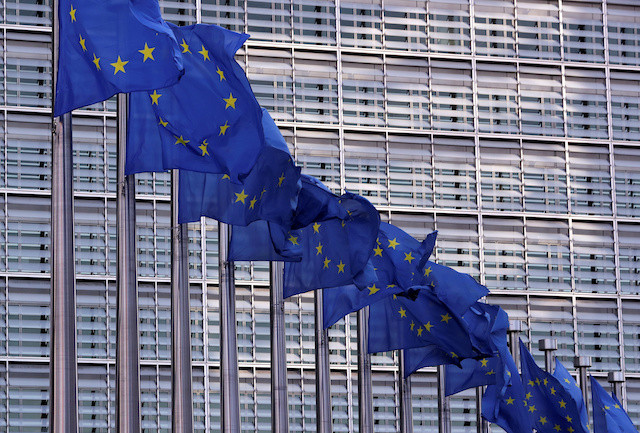Draghi report calls for stronger EU-wide FDI screening
Fragmentation can lead to ‘unwelcome concessions being extracted by foreign countries’.
The EU should pursue “enhanced co-ordination” regarding FDI lest single members be strongarmed by investors from abroad, former ECB governor Mario Draghi argues in his report outlining a new competitiveness strategy for Europe.
“There should be enhanced co-ordination in the EU’s FDI decisions,” the report says. “Asymmetries arising from small member states negotiating with large foreign investors could lead to unwelcome concessions being extracted by foreign countries, which is particularly concerning when a potential security threat and a geopolitical rival of the EU are involved.”
The EU Parliament approved a first set of FDI screening rules in 2019. The rules established a voluntary co-operation framework to exchange information and co-operate on sensitive investment from non-EU companies. While each member state has a chance to provide comments, and the European Commission can issue opinions, any final decision rests with national authorities. To date, only Greece and Cyprus lack a specific FDI screening legislation in the EU, after Ireland’s own set of rules came into force in the second quarter of the year.
“This fragmentation prevents the EU from leveraging its collective power in FDI negotiations and complicates the formulation of a common FDI policy,” the report reads. It also specifically mentions FDI from China and the approach taken by the US administration, which has limited inbound FDI from Chinese firms through a combination of tariffs on Chinese imports and tightening inward rules. As a result, it notes, the two economies have started to decouple.
“So far, the EU has pursued a different strategy, with member states encouraging inward FDI from Chinese companies,” the report notes. “Chinese greenfield investment in the EU has increased substantially in recent years, particularly in Central and Eastern Europe. This strategy can leverage technological progress abroad and promote technological development in Europe, as well as the creation of high-quality jobs, but only if executed in a co-ordinated manner.”
Chinese investors have announced greenfield FDI projects worth $44.6bn across the EU since 2020, when the EU FDI screening rules came into effect, according to figures from greenfield investment monitor fDi Markets. Hungary was the largest single recipient with $12.9bn, and major western European economies were hard on its heels: Germany with $7.9bn, Spain with $6.1bn and France with $4.3bn. Battery manufacturing and related metals production accounted for the bulk of this investment, with major projects being announced in automotive, communications and renewables too.
Out of the 794 cases formally screened in 2022 across EU members, and for which member states have reported a decision, 86% were authorised without conditions, the report details. Nine per cent involved an approval with conditions or mitigating measures, while national authorities ultimately blocked transactions in 1% of all decided cases. For a further 4% the transaction was withdrawn by the parties, according to the latest EC report on the screening of FDI. Only 5% of all the notified FDI transactions involved Chinese firms; in comparison, US and UK firms accounted for, respectively, 32% and 8% of total notified transactions.
fDi Markets





